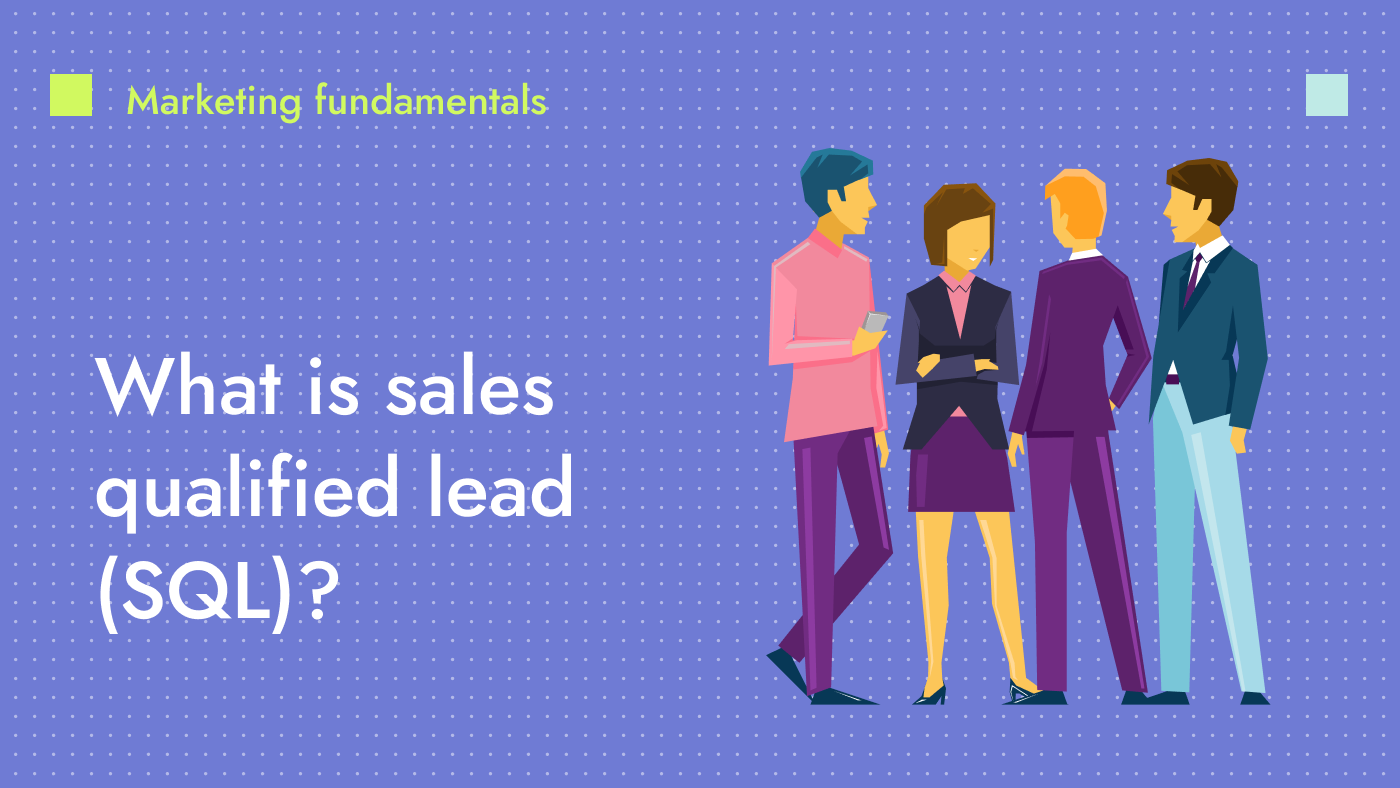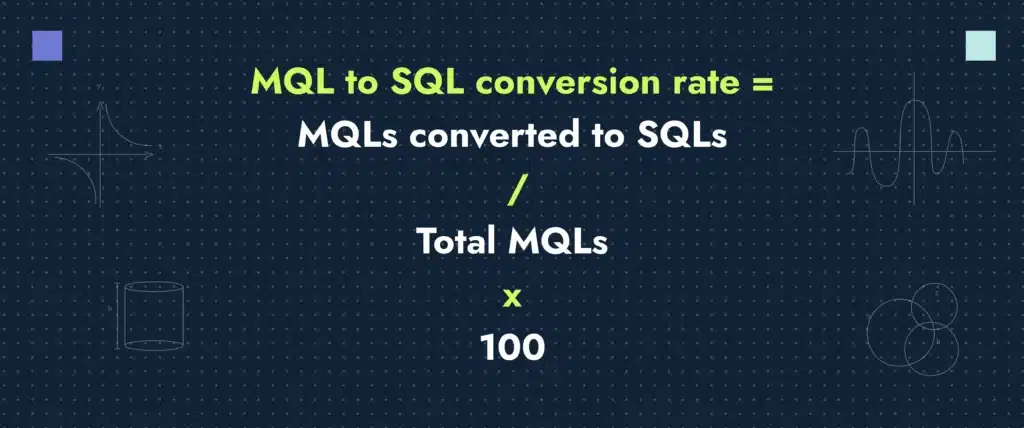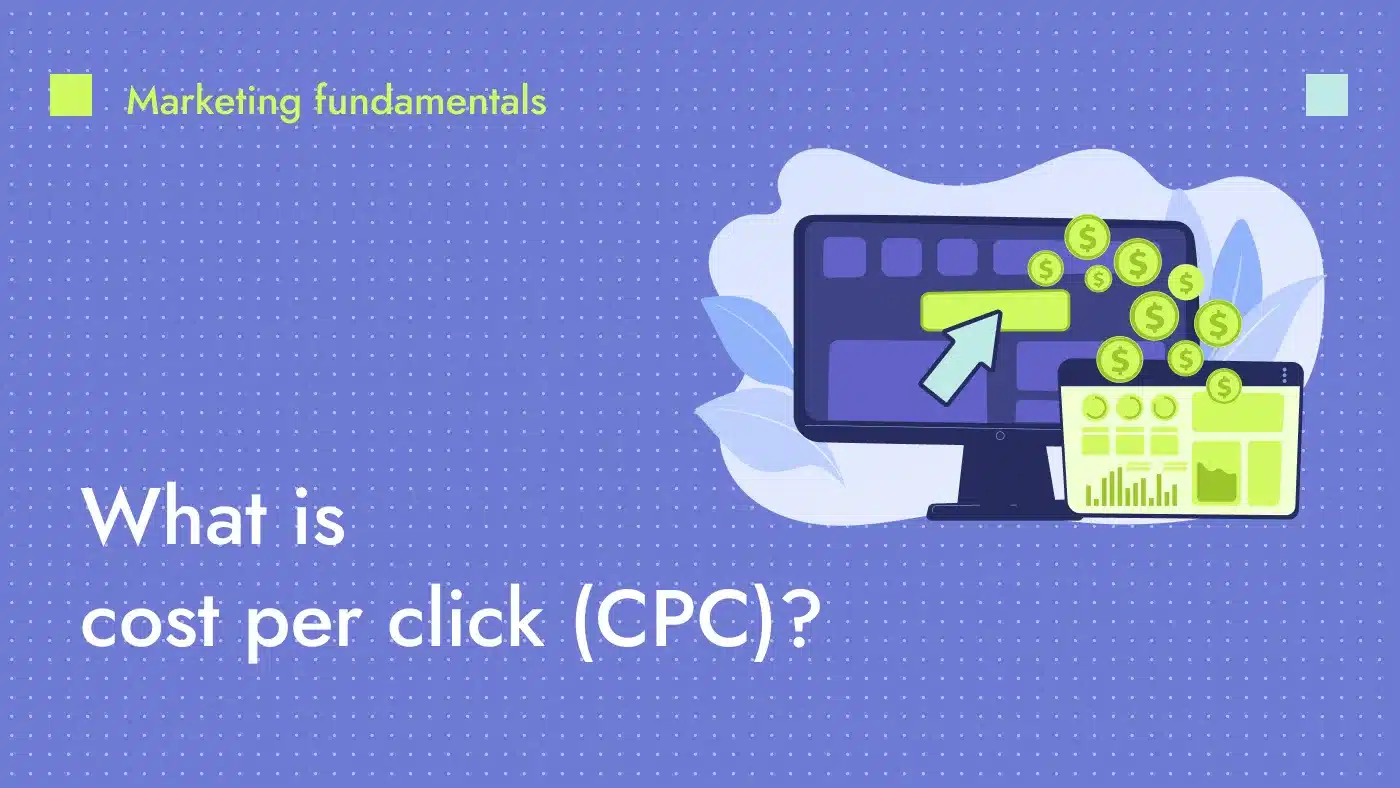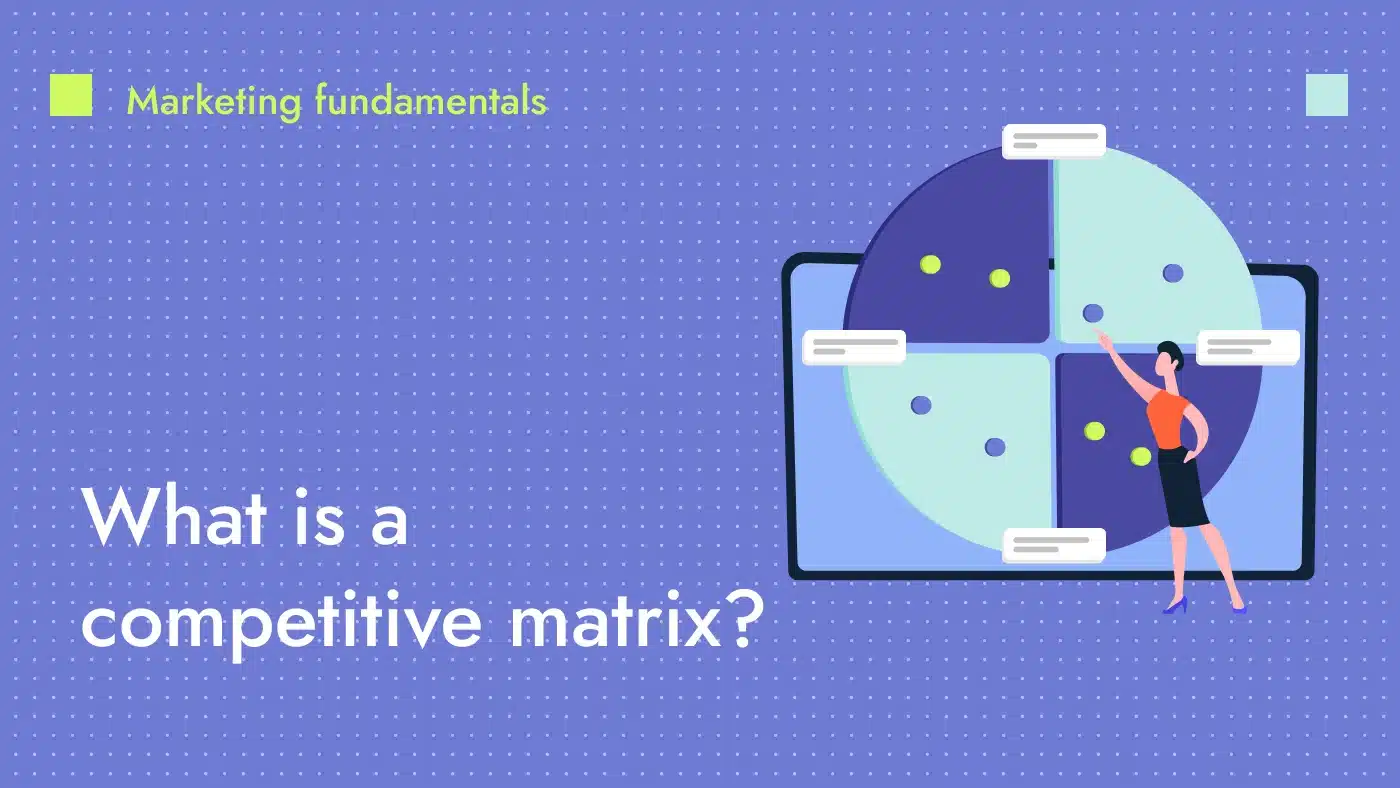A sales qualified lead (SQL) refers to a prospective customer who has been vetted through the initial stages of the lead qualification process and is deemed ready for the next stage in the sales pipeline.
This lead has displayed a level of interest and intent that indicates they are likely to become a customer, fulfilling specific criteria set by the sales team.
How to qualify a sales lead
The exact criteria to qualify a sales lead vary based on the specific product or service, industry or company’s sales strategy but typically involve:
- Interest level: A measure of the lead’s engagement with the inbound content and outreach efforts.
- Need or pain point: The lead has a clear need or problem that the company’s product or service can solve. As per a 2023 HubSpot survey, 50% of respondents believed identifying prospects’ business challenges was the most effective sales strategy.
- Budget: The lead has the financial resources to purchase the product or service.
- Authority: The lead has decision-making power or influence over decision-makers within their organization.
- Fit with ideal customer profile (ICP): The lead matches the demographic, firmographic and behavioral characteristics of the company’s ideal customer.
The role of lead scoring
Lead scoring is a systematic approach to qualify sales leads by assigning values (scores) based on their behavior and demographic information. The higher the lead score, the higher the perceived value of the lead and the closer they are to becoming an SQL. By setting up and using a lead scoring system, sales teams can more efficiently and accurately identify sales qualified leads.
Factors used in lead scoring include:
- Behavioral scoring: Points are awarded based on actions taken by the lead, such as visiting the website, downloading content or responding to emails.
- Demographic scoring: Points are awarded based on the lead’s characteristics, such as their job title, industry, company size, location etc.
- BANT scoring: The budget, authority, need and time (BANT) framework is a popular method used in sales to qualify leads. Points are assigned to each category based on the lead’s situation, and the total score is used to determine the lead’s readiness for the sales process.
How to get B2B sales qualified leads
Getting B2B SQLs requires marketing techniques tailored for business to business transactions:
- Targeted content marketing: Crafting and disseminating resonating, search-optimized content is an essential strategy for attracting B2B leads. This content can include blog posts, ebooks, whitepapers, infographics, case studies and webinars.
- SEO optimization: Using search engine optimization (SEO) strategies can help draw in B2B leads organically. Effective SEO practices entail enriching the company’s website and its content with keywords that potential customers are likely to use when seeking solutions online.
- Paid advertising: B2B leads can also be reached through paid advertising strategies, including pay-per-click (PPC) advertising, sponsored social media posts and other targeted digital ads.
- Lead nurturing: Beyond merely attracting B2B leads, it’s vital to nurture these leads until they reach the sales-ready stage. This process can involve automated email sequences — also known as lead nurturing campaigns — that provide leads with timely, relevant information and calls to action (CTAs), guiding them progressively closer to making a purchase.
- Regular follow-up: Maintaining regular communication with leads can keep the company’s offerings top of mind for them. By following up consistently, the organization can quickly identify and respond to any indications that the lead is ready to engage in the sales process.
💡 Need professional help? Generating B2B SQLs that enhance your sales cycle efficiency is what we do best.
How to increase your sales qualified leads
To increase SQLs, it is crucial to take a comprehensive approach that involves the following tactics and strategies:
- Align sales and marketing: One of the key strategies to increase SQLs is to ensure seamless alignment between the sales and marketing teams. A shared understanding of what qualifies as an SQL and a unified approach toward nurturing and scoring leads can significantly boost the number of SQLs.
- Refine lead qualification criteria: Regularly reviewing and refining the lead qualification criteria can ensure only the highest potential leads are passed onto the sales team. The criteria should be dynamic, adjusting to market changes, product updates or shifts in the target audience.
- Leverage advanced analytics: Advanced predictive analytics helps businesses forecast which leads are most likely to convert, allowing for more targeted and effective nurturing strategies. Machine learning algorithms also assists in identifying patterns and trends that human analysts might overlook.
- Implement referral programs: Satisfied customers can be a significant source of SQLs. Introducing a customer referral program incentivizes existing customers to refer others within their network who might also benefit from the product or service.
- Deliver personalized communication: Tailoring engagements and communications to fit each lead makes them feel valued and understood. This process could be as simple as using the lead’s name in communications or as complex as tailoring content to their specific needs and pain points.
Marketing qualified leads vs sales qualified leads: How are they different?
A marketing qualified lead (MQL) is a lead who has engaged with a company’s marketing efforts but isn’t ready to receive a sales call just yet. These leads have usually shown some interest by performing actions such as downloading content, subscribing to a newsletter or attending a webinar. However, they might still be in the early stages of the buying process, exploring their options and gathering information.
A sales qualified lead is further along the sales funnel. SQLs have not only engaged with marketing content but have also indicated a direct interest in purchasing a product or service. They’ve typically gone through a qualification process, such as a detailed needs assessment or a budget review, and have been deemed ready for the next step in the sales process.
The primary difference between MQLs and SQLs is their readiness to buy. While MQLs are still in the information-gathering phase, SQLs have a defined need and are actively considering making a purchase. Marketing teams are usually responsible for nurturing MQLs until they show signs of sales-readiness. At this point, they become SQLs and are passed onto the sales team for further engagement and closing.
☝️ TOFU vs MOFU vs BOFU: Here’s your guide to the B2B sales funnel.
What is the MQL to SQL conversion rate?
The MQL to SQL conversion rate is a business metric that measures the effectiveness of a company’s marketing and sales efforts in moving leads through the sales funnel. According to Salesforce data, the average B2B MQL to SQL conversion rate is 13%, and only 6% of these leads turn into deals.
Calculating the MQL to SQL conversion rate involves a simple mathematical formula:
Tracking this metric is essential for the following reasons:
- You can monitor how effectively the marketing team is qualifying leads and preparing them for the sales team. A high MQL to SQL conversion rate indicates that the leads passed on to the sales team are high quality and well-prepared, making the sales team’s job easier and more efficient.
- You can determine how well your sales reps convert these qualified leads. A low conversion rate might indicate that the sales team needs to adjust its tactics or that they need better support from marketing to understand the leads being passed on to them.
- Monitoring the MQL to SQL conversion rate over time can help companies identify trends, pinpoint areas for improvement and measure the success of specific initiatives or changes in strategy.
Generating highly qualified sales leads for tech startups
Drawing from our vast experience in helping tech startups navigate the complexities of the market, we specialize in creating unique, effective ways to attract and engage SQLs.
Our inbound marketing toolkit — including SEO, PPC, bespoke content and sophisticated web design — aims to bolster your digital footprint and optimize user interaction. Our methodologies ensure that not only do you attract leads, but you attract the right ones. We’ll also help you monitor and analyze your sales funnels, so you can understand the lead generation trends and patterns that drive your business growth.
Boost your lead generation process and gain a market edge. Reach out to us.







